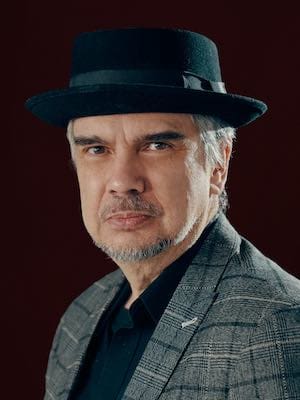“Sitting opposite of the [Temple’s] treasury, Jesus watched how the crowd cast copper coins into the treasury. Many rich people cast in much, but one poor widow came and cast two lepta, which is a quardrans. Having called his disciples close to him, Jesus said, “Truly I say to you that this poor widow cast more than all those casting into the treasury. For all cast out of their abundance, but she out of her poverty, cast all, as much as she had, her whole livelihood.”
– Mark 12:41-44
To read the Bible from a position of power and privilege runs the risk of romanticizing the plight of the poor, even to the point of making the condition of those oppressed models for the victims of racism, classism and sexism.
In Mark 12:41-44 (repeated in Luke 21:1-4) we are told the story of a poor widow who gives all that she has to the Temple.
The story of the widow’s mite is generally idealized by the dominant culture as an example of Christian behavior for those who are poor.
Those who are poor are expected, if they wish to be considered faithful, to give to the church – even if it means they go without.
But missing from the interpretation is how the widow’s self-sacrifice is related to the self-indulgence of the religious leaders who profit from her religious commitment.
When we read this story from economic privilege, we ignore how the normative interpretation maintains societal power relationships detrimental to the poor.
Yet, if we were to read the story of the widow’s mite from the perspective of the poor, we would discover that in Mark’s account the story of the widow’s offering is immediately preceded by Jesus’ outrage toward the religious leaders who devour the possessions of widows.
Mark states: “And [Jesus] said to them, … [the religious leaders are] devouring the houses of the widows under the pretense of praying at length” (Mark 12:38-40).
In Luke’s account, Jesus immediately concludes the story of the widow’s offering with his prediction of the Temple’s destruction.
Luke states: “Some were speaking about the Temple, that it was decorated with stones and gifts. He said, ‘These things you see, days will come when one stone will not be left on a stone'” (Luke 21:5-6).
If we read Mark and Luke together, we discover that Jesus is not praising the widow’s offering as a paragon to be emulated by the poor.
Instead, Jesus is denouncing a religious social structure that cons the widow out of what little she has.
It is bad enough that the biblical text is misinterpreted to mask the sin of the religious leaders who fleece the poor of the little they have.
What becomes worse is when the poor begin to interpret the text in such a way that they maintain the structures designed to oppress them. Yet, whenever there is oppression, religious leaders are duty-bound to resist.
This was the case with Father Antonio José Martínez of Taos, New Mexico.
Martínez is considered one of the earliest proponents of Latina/Latino theology in the United States. Prior to the Mexican-American War, the Catholic parishes in what was to become the southwestern United States were under the jurisdiction of the Mexican Catholic Church.
As a result of the war, the predominately Mexican Catholic parishes found themselves under the jurisdiction of the U.S. Catholic Church.
This tension can best be examined through the conflict that developed between Martínez and the French cleric Jean Baptiste Lamy, who was appointed Roman Catholic bishop (and later archbishop) to Santa Fe in 1851.
The theologically conservative Lamy, who served under the diocese of Baltimore, quickly clashed with Martínez, who questioned the directional flow of tithes from his parish toward Lamy’s offices in Baltimore – an act Martínez considered immoral because it was tantamount to taking money from the poor and giving it to the rich.
Eventually, Martínez was excommunicated and removed in 1857 for his insolence. Nonetheless, Martínez has been considered for generations to be a true religious leader for defending the right of the widow in keeping her mite.
Miguel A. De La Torre is professor of social ethics at Iliff School of Theology in Denver.
Professor of Social Ethics and Latinx Studies at Iliff School of Theology in Denver, Colorado, and a contributing correspondent at Good Faith Media.

